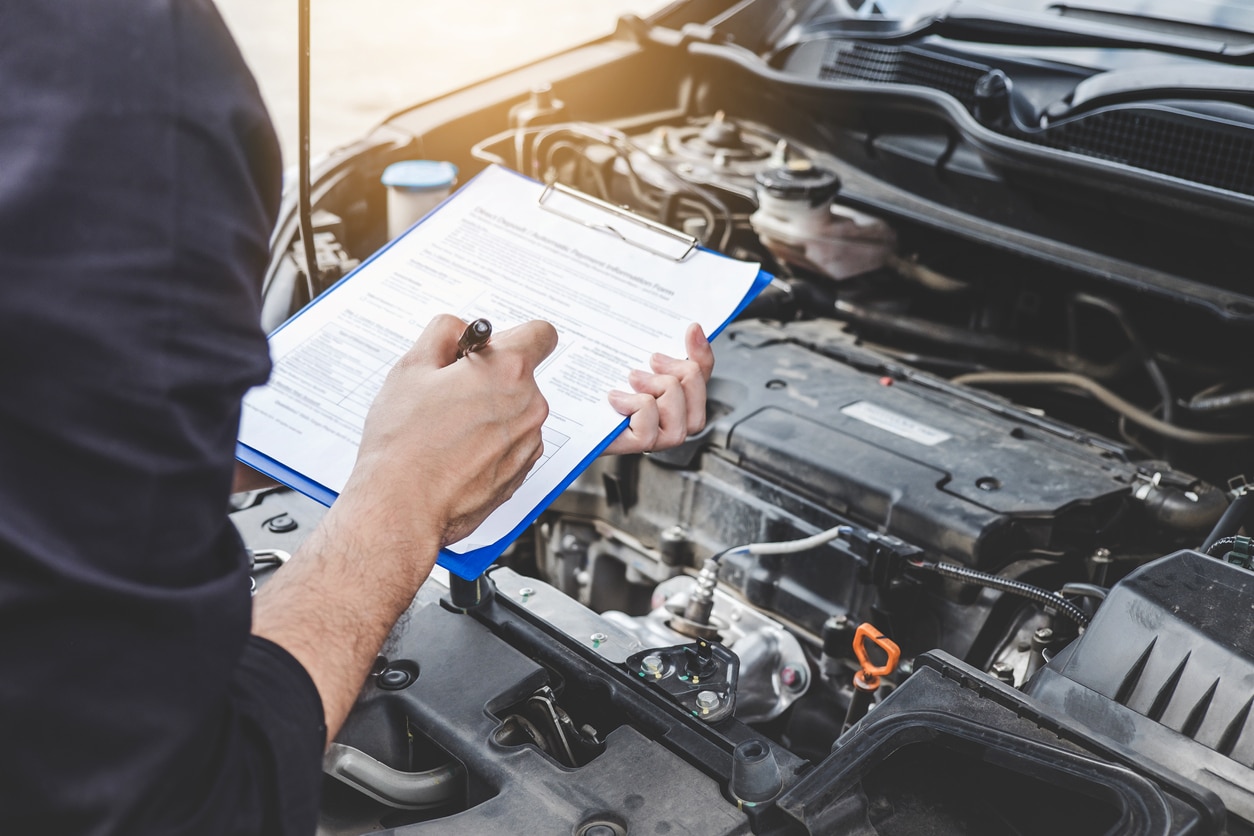Can I Sue the Mechanic or Auto Repair Shop for Negligence?
Michele Mirman | Car Accident | April 24, 2020

NOTE: We only handle cases involving accidents and injuries. This article is for informational purposes only. Information found in the article does not constitute as formal legal advice and does not create an attorney/client relationship. We cannot help you beyond the information provided below if no injuries resulted from the negligence of the mechanic or auto shop.
When you have trouble with your car, it’s only natural to trust the expertise of a mechanic or auto repair shop to fix things.
What happens, though, if you later get into a car accident and suspect work done on your car was negligent and caused the accident?
Because determining liability in a car accident can be tricky, it pays to be aware of your rights to get the justice and compensation you deserve.
While small claims court handles most claims for car repair issues, you could bring a claim for much more damages if you suffer an injury because of the negligence. These cases should be taken seriously, especially if the accident caused severe injuries or the wrongful death of someone involved.
Do I Have the Right to Sue For Negligence?
Just about anyone – including individuals, businesses, and organizations – can be held liable if their failure to provide a certain level of care leads directly to someone else’s injuries.
This includes mechanics and auto repair shops.
At its core, negligence means failing to provide a certain level of care or not taking action that would prevent the injuries of someone else.
For example, let’s say you took your car to a mechanic to fix the brake lines in your car. Soon after, you were involved in an accident. If you and your personal injury lawyer are able to prove that faulty brake line repair caused the accident, you could have a legitimate personal injury claim.
The four basic elements that must be proven in a successful personal injury claim are the same.
- The other person owed you a certain level of care (in this case, the mechanic owed you a certain level of competence when you dropped off your car for repairs)
- That person failed to show the proper care, was negligent or careless with their services
- The negligence was the direct cause of an accident
- You experienced damages (injuries, property damage, etc.) because of the accident
In order for you to be successful with your personal injury claim, you must prove each of those four points.
How Do I Prove Negligence by a Mechanic or Auto Repair Shop?
Documentation is vital in a personal injury case. By law, New York mechanics and auto repair shops must provide you with records of the work they’ve performed on your car.
To strengthen your case, you should ask for all replaced parts. You should also keep copies of your written requests, as well as the written estimate, final invoice, guarantees, warranties, work orders, etc. provided by the auto repair shop.
What Are My Rights When Dealing With a New York Mechanic or Auto Repair Shop?
You should only deal with a shop registered with the New York State Department of Motor Vehicles. Look for a green and white “Registered State of New York Motor Vehicle Repair Shop” sign that should be hanging on the outside of the business.
Here’s a brief listing of what you’re entitled to when dealing with a registered mechanic or auto repair shop.
- Estimate in writing. If you request it, they must provide you with a written estimate of the work to be done. Even though it’s an estimate, it should still include the relevant vehicle parts, estimated costs, and labor charges.
- Your authorization to do the work. No work can legally be done without your authorization. If you give your approval verbally, there must be a record of it on the final invoice.
- All replaced parts. If you make a written or verbal request, the mechanic or auto repair shop is required to make any replaced parts available to you.
- Records of repairs. The invoice you receive should list each repair and each part that was replaced. It must also make note of whether the part was either new or used.
- Warranties and guarantees. Keep in mind that a shop doesn’t have to guarantee its work. If they do give you a guarantee or warranty, however, the invoice should outline its terms and limits.
The Repair Shop Act of New York outlines all of these rights. It’s through this act that thousands of dollars are returned each year for faulty repair work.
We trust licensed mechanics to fix our cars when we take them in for repair, and the work is expected to meet certain industry standards.
Even though some shops will post disclaimers about “not being held responsible for accidents caused by repairs,” such claims are only boilerplate material and do not prevent you from holding them accountable if you experience injuries because of their work.
Mirman, Markovits & Landau, P.C.
291 Broadway 6th Floor
New York, NY 10007
(212) 227-4000
